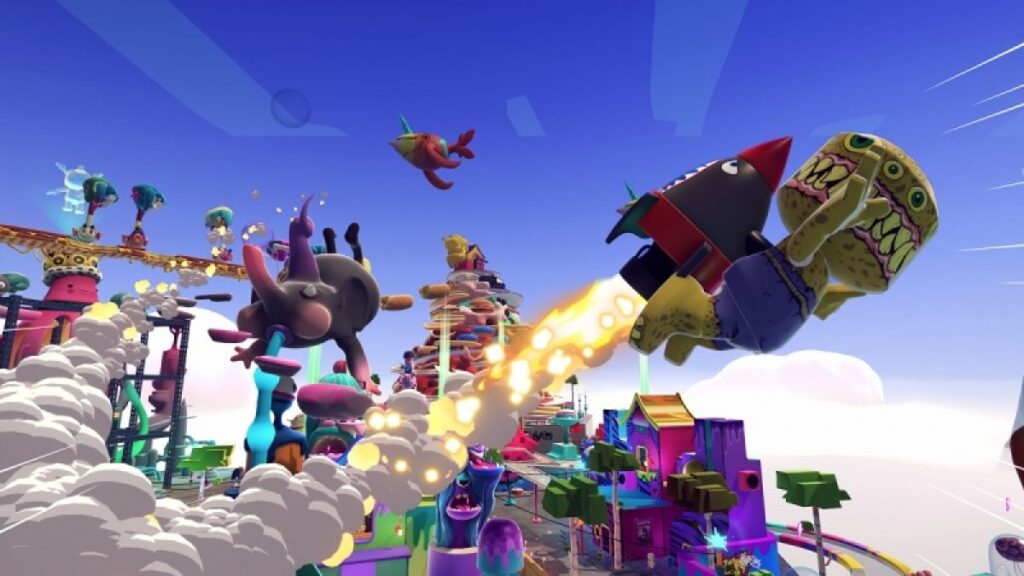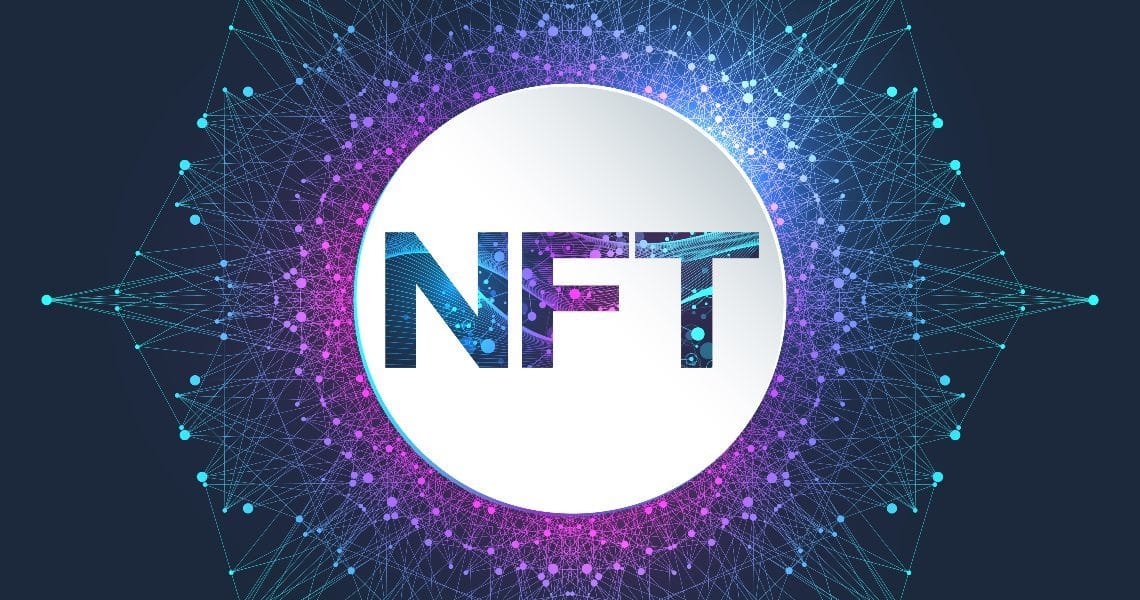Introduction
NFT gaming has emerged as a revolutionary trend in the world of digital entertainment. Unlike traditional video games, NFT games integrate blockchain technology to give players true ownership of in-game assets. From collectible characters to rare items, gamers are now investing in digital assets with real-world value, blending gaming with finance in a way never seen before.
What Are NFT Games?
NFT games, or Non-Fungible Token games, are digital games where players can own, trade, and sell unique in-game items as NFTs. These assets are recorded on a blockchain, ensuring authenticity and scarcity. Unlike conventional games where items remain controlled by the game developer, NFT games give players real ownership that exists independently of the platform.
Key Differences from Traditional Games:
- Ownership: Players own digital assets, not just a license.
- Interoperability: Some NFT items can be used across different games.
- Monetization: Players can earn real-world income through play-to-earn models.
How Blockchain Powers NFT Gaming
Blockchain is the backbone of NFT games, providing transparency, security, and verifiable ownership. Each NFT is a unique token stored on the blockchain, allowing players to prove ownership, trade assets securely, and participate in decentralized economies.
Benefits of Blockchain in Gaming:
- Transparency: All transactions are visible and traceable.
- Security: Digital assets are protected against hacking.
- Immutability: Ownership records cannot be altered.
Platforms like Ethereum, Solana, and Polygon are popular for hosting NFT games due to their robust smart contract capabilities.
Benefits of NFT Gaming
NFT games offer several advantages that appeal to both casual and professional gamers:

- Play-to-Earn Models: Players can earn cryptocurrency or NFTs by completing tasks, winning battles, or creating content.
- Digital Ownership: Rare items, skins, or characters can be bought, sold, or traded freely.
- Interoperability: Some NFTs can be used across multiple games or virtual worlds, expanding utility.
- Community Engagement: NFT games often have strong player-driven economies and governance, enabling gamers to participate in decisions.
Popular NFT Games and Platforms
Several NFT games have gained traction for their innovative gameplay and lucrative ecosystems:
- Axie Infinity: Players breed, battle, and trade fantasy creatures called Axies.
- Decentraland: A virtual world where users can buy land, create experiences, and monetize assets.
- The Sandbox: Gamers build, share, and sell interactive experiences within a metaverse environment.
- Gods Unchained: A blockchain-based trading card game with true ownership of collectible cards.
These platforms showcase the diverse possibilities NFT gaming brings to players and investors alike.
Risks and Controversies
While NFT games are exciting, they also carry notable risks:
- Market Volatility: NFT prices can fluctuate dramatically, creating financial risks.
- Scams and Fraud: Fake NFTs and misleading projects are common in emerging markets.
- Environmental Concerns: Proof-of-work blockchains have high energy consumption, though solutions like proof-of-stake are reducing the impact.
- Regulatory Uncertainty: Governments are still defining the legal framework for NFTs and crypto assets.
Gamers and investors should carefully research projects and understand potential risks before engaging.
The Future of Blockchain in Gaming
NFT games are just the beginning. Blockchain could transform gaming through:
- Metaverse Expansion: Virtual worlds with interoperable assets and decentralized governance.
- Digital Economies: Players can earn livelihoods entirely within virtual environments.
- Enhanced Gaming Experiences: True ownership incentivizes creativity and innovation among players.
As the technology evolves, NFT gaming may become a standard, blurring the line between entertainment, investment, and digital culture.
Conclusion
NFT gaming represents a paradigm shift in the gaming industry. By integrating blockchain, these games empower players with ownership, earning opportunities, and participation in digital economies. While risks exist, the potential for innovation and investment continues to attract gamers and tech enthusiasts worldwide. NFT games are not just a trend—they are shaping the future of interactive entertainment.
